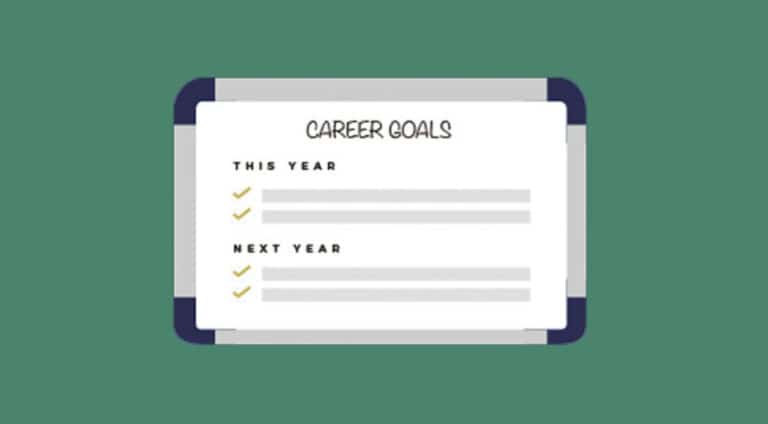There is a problem when 79% of lawyers believe that they must work outside of business hours to achieve success.
According to the 2018 Legal Trends Report, 58% of lawyers believe that they must work outside business hours to be successful and 21% believe that working beyond scheduled business hours is ‘what lawyers do’. This belief makes it almost impossible to balance personal and professional time.
Lawyers believe they must work harder to be called a real lawyer. The problem stems from the fact that the legal profession glorifies toughness, the ability to work longer and harder than anyone else. Posts by lawyers on Instagram and Facebook boast of how little sleep they got working on briefs or before going to trial.
Such thoughts make practicing law more stressful and toxic. The 2018 ABA Midyear Report suggests that 29% of lawyers struggle with depression and 19% suffer from anxiety.
What Defines Success?
Most lawyers would agree that increasing revenues is a large part of being successful. While many lawyers believe that working longer hours will bring them success, there are other less health-threatening ways to do it. Let’s explore a few new ways to be successful without sacrificing private time.
Matter Management
Lawyers spend up to 48% of their time attracting and onboarding new clients. Solo and small firm lawyers generally like to qualify potential clients themselves, believing that they are the best judge of whether to accept the new clients.
Time spent on matter management means that the lawyer must devote evening hours or weekend time to play catch up in other areas of the practice, such as actual legal work.
One solution is to create assessment protocols to identify the ideal clients for the practice. Then, the lawyer can rely on internal staff or hire a virtual assistant to vet potential clients and direct the most likely candidates to the lawyer for final determination.
Workflow Management
As a lawyer, you are likely to be skeptical about allowing anyone else to help you with your legal work. Maybe you believe that the work has to be done by you to be correct. Or, that it will take longer to explain to a paralegal so it’s faster to do it yourself. Or, that you’re being virtuous and saving money by doing all the work yourself.
Those faulty thoughts result in overwhelm and the need to work outside of business hours to get it all done.
However, it’s more beneficial from a cost and time perspective to outsource work. Legal work like drafting documents or legal research are perfect for outsourcing to the right freelance lawyer.
Administrative tasks like accounting, invoicing and collections are better done by qualified freelancers because it frees up your time for lawyering and reduces stress if you are ‘number phobic.’
Business Management
A law practice is a business. Practicing law and running a business at the same time is overwhelming. The time you are devoting to understanding business models and finding the right one for your firm is better spent on income-generating activities like in-person networking and creating thought-leadership content that grow your client base.
Get help. Instead of learning to manage your law business, hire an experienced business consultant to help you select the best options. Contact your local SCORE office to be matched with a retired executive who can boost your business skills. Join a legal incubator where your expenses will be lower and training will be available.
The Perception of Busy
Do lawyers really have to work evenings and weekends to succeed?
Working overtime is the conventional way to grow a law practice, but it is not required. Lawyers have plenty of technology tools and freelance resources to make it home for dinner and have a restful weekend if they so choose.
It’s a cultural issue. Would you rather work harder and be seen as a “real” lawyer or work smarter and enjoy your life? You decide.
Emotional Intelligence
Being smart can be an obstacle. Hard to believe, but true.
Common sense is not so common. – Voltaire
Lawyers are smart people who sometimes lack common sense.
Because of a higher intelligence, lawyers sometimes overlook the intelligence that others possess.
Improving your emotional intelligence helps you understand your own strengths and weaknesses as well as recognize the talents of others. It will also help you seek less external validation so you feel more confident in running your law practice the way you see fit.
Do lawyers have to work harder to be successful? Only if they want to, but with today’s technology and innovation, they certainly don’t have to.
Dina Eisenberg is a lawyer turned Outsourcing Strategist who helps successful solo and small firm lawyers to earn more profit and enjoy life using proven delegation strategies to work less and do more in half the time. Learn more about her coaching programs at https://OutsourceEasier.com


















